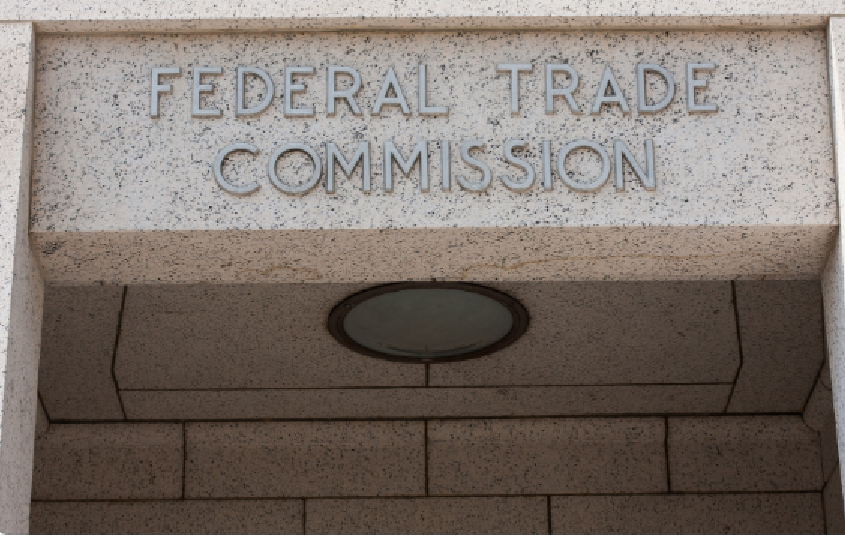
Non-competes have traditionally restricted workers from taking jobs with a competitor or starting a competing business.
The US Federal Trade Commission (FTC) has decided to prohibit non-compete agreements, targeting contracts that restrict employees from leaving for another job with a different employer.
The commission’s members voted 3-2 to enact this broad measure, initially proposed in January 2023, aiming to prevent wage suppression and safeguard innovation. However, this decision has immediately faced legal challenges.
Non-compete agreements have become increasingly common across various sectors due to limited oversight and a decrease in union memberships, according to experts. The FTC indicated that about 30 million workers are bound by these agreements, which prevent them from joining a competitor or establishing a similar business for a certain period or within a specific area after leaving their current job.
Lina Khan, the chair of the FTC, stated, “Non-compete clauses depress wages, stifle innovation, and hinder the American economy’s vitality, including potential creation of over 8,500 new startups annually if non-competes were prohibited.” She described these clauses as “unfair competition practices.”
The FTC predicts that this new regulation will increase an average worker’s yearly earnings by $524. The commission received over 26,000 public responses on this issue, indicating its significance to workers and employers alike.

However, industry associations have strongly opposed the measure, arguing that it is too extreme, will escalate costs, and jeopardize trade secrets.
The US Chamber of Commerce declared its intention to challenge the FTC in court, asserting that the agency overstepped its constitutional and legal boundaries with this rule. They labeled it a “blatant power overreach” that establishes a concerning precedent for government interference in business operations.
Andrew Ferguson, one of the two FTC commissioners who voted against the regulation, concurred with the view that the agency lacked the authority from Congress to implement such a rule.
The anticipated legal action will intensify the ongoing legal disputes between corporate entities and regulators appointed by President Joe Biden, who have advocated for stricter regulatory measures and enforcement.
Khan represents a new wave of progressive officials who have embraced more rigorous antitrust policies to combat what they perceive as rampant anti-competitive behavior.
Legal experts have warned that the impending litigation will create additional uncertainty for businesses.
Russell Beck, an attorney who participated in a non-compete issue task force during the Obama administration, commented, “The question now is: what should companies do?” He advised companies to monitor the legal developments closely and await court rulings.
“The proposed rule would apply to independent contractors and anyone who works for an employer, whether paid or unpaid. It would also require employers to rescind existing noncompetes and actively inform workers that they are no longer in effect”, said FTC in an official statement.
